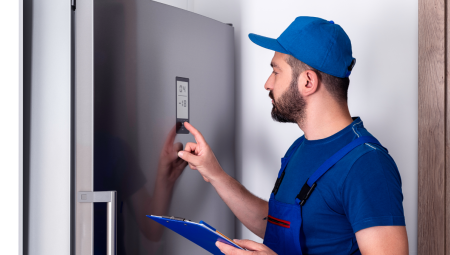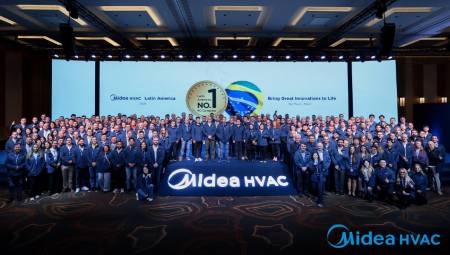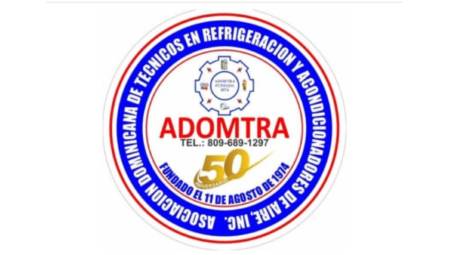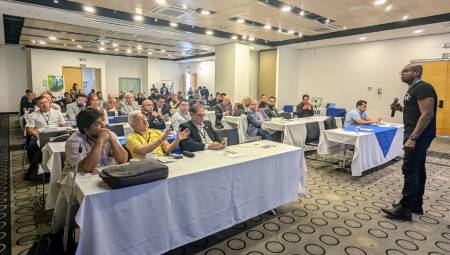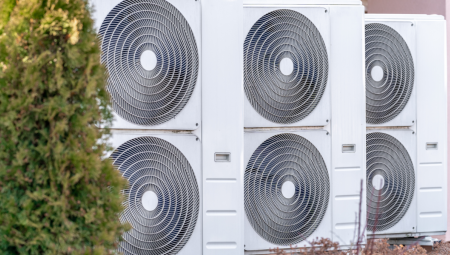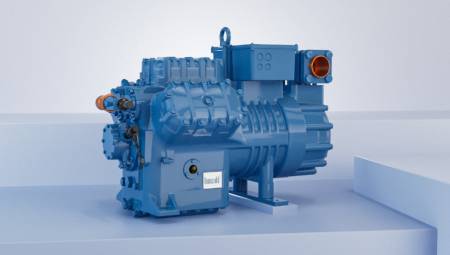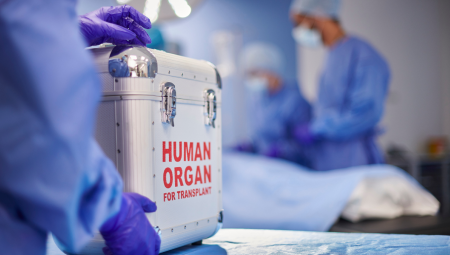 The beverage sector in Latin America is increasingly taking center stage, not in vain many of the most important multinationals in the segment have set their eyes and hopes in this region.
The beverage sector in Latin America is increasingly taking center stage, not in vain many of the most important multinationals in the segment have set their eyes and hopes in this region. By: Santiago Jaramillo H.
Definitely, the refrigeration industry will always see, and now more than ever, with excellent growth prospects to the beverage sector, since it in recent years has taken great strength in the Latin American region, so much so, that today it is one of the productive segments that has received the greatest injection of investment.
This is reaffirmed by Diego Barrón, director and general manager of Johnson Controls Chile, when asked about the representation of the beverage market in Latin America and its growth prospects: "The beverage market is very important in Latin America, for example despite the economic crisis of 2009, the consumption of soft drinks in Chile passed one hundred liters per capita per year. The demand in the last five years for soft drinks increased by 12 liters, reaching 112 liters per capita in 2009. This year these figures continue to rise and in Chile the consumption of soft drinks rose in the first quarter by 4.0%", recognizes our guest.
Similarly, Fernando Becerra, sales manager of the Air Conditioning and Refrigeration Division of Danfoss (Colombia) S.A., indicates that "this is a very important sector in Colombia, we have an industry that is increasingly diversifying looking for new markets and business opportunities. The investments have been very large in beer, more than five billion dollars in two years, installing new plants in several cities of the country and in Ecuador. The dairy, juice and soft drink sectors are also showing good growth.
Given the marked importance of this segment for the refrigeration industry, we invited these distinguished representatives of the industry to help us point out, roughly, what are the main failures and, therefore, the best solutions in terms of the cold chain in the beverage sector.
According to the Director and General Manager of Johnson Controls Chile, "the main challenges of the segment are focused on guaranteeing the cold chain, first in the temperature of the mixture of the drink before carbonating in 2°C average, and then in the process of the syrup that has three stages of cooling and in one of them refrigeration is used in the event that there is no low temperature water available as it can be ice water from the mountain range," he emphasizes.
Meanwhile, the Sales Manager of the Air Conditioning and Refrigeration Division of Danfoss (Colombia) S.A., ponders that inadequate controls of liquids and poor valve adjustment are some of the most recurrent failures.
"In the beverage sector, flooded and recirculated systems are mainly worked on. The main control problems are: poor management of liquid levels in low receivers, poor adjustment of flow regulating valves, and poor control of evaporation pressure regulating valves, "says Becerra.
Already in what has to do with training and process improvement and the aspects should be reinforced or included to have a more productive segment, Fernando Becerra notes that it is important to focus training in the refrigeration plant operation sector, either with ammonia or halocarbons.
"The quality of the processes depends largely on the quality of the cold. Technicians and engineers must be clear about the basic concepts to have the system ready and permanently look for how to make the system efficient to lower energy consumption and have security and precision, "says the representative of Danfoss.
For his part, Diego Barrón affirms before this aspect that "the first thing that today must be improved as a result of the increase in the price of energy, is the efficiency of the plants using for example screw compressors that have frequency inverters, such as the Vyper Compressor of Frick / Johnson Controls. The other aspect that is required is to lower the amount of refrigerant through systems with plate exchangers and indirect cooling systems," he stresses.
In terms of development and the initiatives that are being implemented in the beverage segment, our guest from Johnson Controls Chile emphasizes that today systems with variable frequency drives are being introduced, both in compressors and in the condensers of beverage plants that have two benefits: the first, energy savings that can exceed 20%, and second, better control of equipment capacity and temperatures.
Fernando Becerra, meanwhile, agrees with Barron on the aspect of energy saving, and also gives credit to aspects as important to the segment as safety and precision.
Key factors in the cold chain
The chain has links that in essence can be considered weak, such as the time spent in the loading and unloading exercise during transport, it takes place in different phases: at the exit of the production or storage center, in the distribution platform and in the points of sale. In addition, it is necessary to add the time elapsed between the unloading and its location in the assigned place and the time between the product is introduced into the shopping cart and reaches the refrigerator or freezer of the final consumer.
To guarantee logistics according to the needs of operations in the cold chain, especially in the beverage sector, we wanted to highlight some aspects that can be considered key, such as storage, transport and traceability.
Storage: In this first item, although it always depends on the degree of cold that is required per product, the coating of the warehouse, the cold equipment and the energy expenditure will always be relevant and, at the same time, elements of judgment when making the best choice, of course, always for the benefit of the cold chain.
Transport: This link has received the accusation of being the main breaking point of the cold chain, however, in the different industries a greater awareness of it has been taking root, to such an extent that old customs such as disconnecting the cold equipment to avoid noise or save fuel are almost disappeared, as well as transport in non-isothermal vehicles. It has also been detected that the breaking points are not found in the cellars or in the trucks, but in the transit operations of the merchandise.
Traceability: The essence of any logistics chain that has a cold chain is in the measurement of the temperature along it, to monitor and guarantee that the products have received the temperature they need to maintain this statistic is of great importance. Currently it is relatively easy and economical to access technology that allows temperature monitoring throughout the entire supply chain, but it is not enough to have the technology, a clear monitoring strategy and action plan must be defined with the resulting information.



